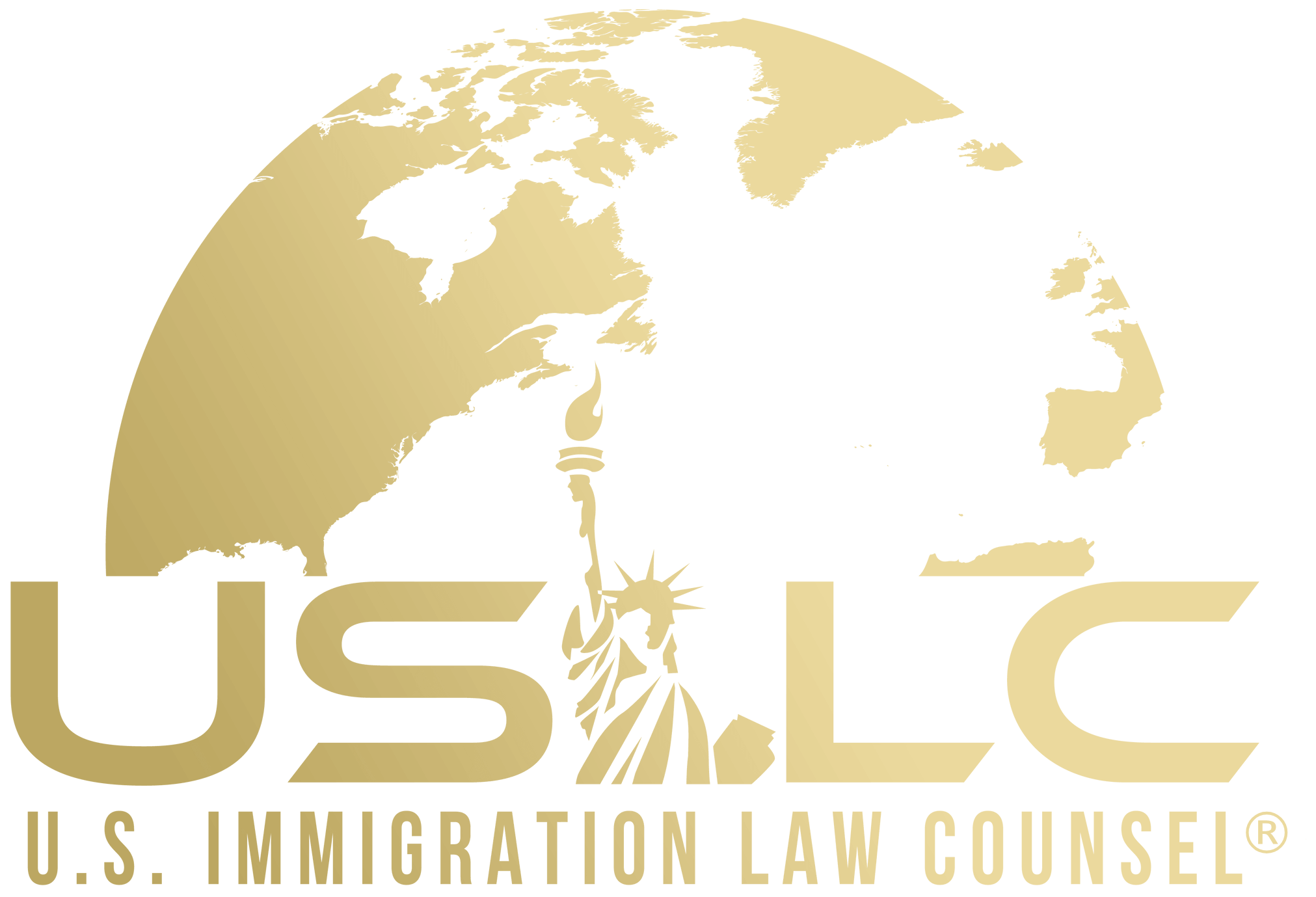If you have family that lives outside of the United States, you may want to help get them a visa so that they can start the process of becoming a citizen. One of the options you have is to file an I-130 form to get a family-based green card. In this article, we will be discussing exactly how you can do this and how an immigration lawyer can help.
Understanding I-130 Forms
Form I-130, also called a petition for alien relatives, is one of the first steps in the process of getting a family visa. This form is one of the supportive documents that proves to the USCIS that the relationship is real. It also helps to establish your place in line when you are seeking a green card.
The person who is filing the form I-130 has to be a US citizen filing on behalf of their spouse, child, parent, or sibling. Current green card holders can also file this petition for a spouse or unmarried child. The person filing the petition is the petitioner, and the person for whom it is filed is called the beneficiary.
Here are some examples of people who cannot legally file a form I-130 for a family member:
- A grandparent or grandchild
- A niece or nephew
- An aunt, cousin, or parent-in-law
- An adoptive parent or adopted child
- A spouse who wasn’t physically present at the wedding
- A spouse who became a green card holder from a prior marriage
- A stepparent or stepchild if the relationship happened after the child became an adult
When you file your form I-130, the most recent fee is $535. Keep in mind that this fee is not refundable even if your petition is not accepted.
How to File an I-130
Like any kind of green card or visa process, the process of filing an I-130 form needs to be done the right way for it to be approved. If it isn’t done correctly, the USCIS could decline your form or request more information, making the process much longer. Here is the step-by-step process you should follow when submitting this form:
- Provide proof that you are a US citizen or green card holder
- Provide evidence that the relationship is legally valid
- Provide evidence that the relationship is not fraudulent
- Provide any name changes for yourself or the person you’re filing for
- Provide proof of nationality for the beneficiary
- Complete the form on the USCIS website and pay the full fee
- If you are filing for your spouse, have them sign the form as well
- Provide two passport-style photos of the petitioner and the beneficiary
The main thing you have to focus on when submitting your form I-130 is attaching all of the correct documents. If you do not have some of the documentation, you may be able to provide alternative documents. This is where hiring an immigration attorney in Miami comes in handy, as they can advise you on what substitutions you can make.
An example of alternative documents is using school records if you do not have an official birth certificate.
If the form is approved, your spouse or family member may be able to apply for a green card right away. There is also a very good chance that the form will be approved, as it has had a 99% approval rate over the last few years.
Is an Interview Required For an I-130?
When you are approved for a form I-130, the USCIS will usually require the petitioner and the beneficiary to attend an interview. During this interview, the USCIS may ask questions and confirm the information you have provided.
There are some instances where the USCIS may grant your form I-130 without requiring you to attend an interview. This may be the case if you are already a US citizen and are filing for your parents or unmarried children under the age of 21 who are in the US and have filed a form I-485.
Another instance where you may not have to attend an interview is if you are a permanent resident who is filing for one of your children who is under the age of 14. The USCIS may be able to waive the interview if there are any age or health factors, such as the examples above with an older family member or child or for situations with consular processing.
The USCIS may also remove the need for an interview if you have had previous interviews with the USCIS. This may happen if your documentation is compelling enough that the USCIS makes a discretionary decision not to have an interview.
Something to keep in mind is that there are some risks to not having an interview, such as missing out on an opportunity to provide clarification about details of your relationship. There is also a risk of mistakes getting through and causing issues later on that would have otherwise been caught during the interview process.
Tips For a Strong I-130 Petition
There are certain things you can do to reduce the chances of rejection or the USCIS needing more information. Here are some tips to help with this process so that it goes smoothly:
- Start early: The process of this petition can take quite a long time, especially if there are many people filing. The earlier you start, the more priority you have, and the sooner you can get approved.
- Review documentation: To make sure you are sincere and thorough, review all of your documentation and the requirements before submitting. Make sure you include everything that is requested, as well as additional documents if you think they may be required.
- Hire a lawyer: Although this petition process is quite straightforward, there are things that can come up along the way that could be detrimental. An immigration lawyer can help you through this process and navigate any issues or requests the USCIS has.
Hire an Experienced Immigration Attorney Today
Do you want to file an I-130 form to start the process of getting a family-based green card? Contact us today at US Immigration Law Counsel® by filling out our online form or calling us at 800-666-4996 to speak with one of our attorneys.





